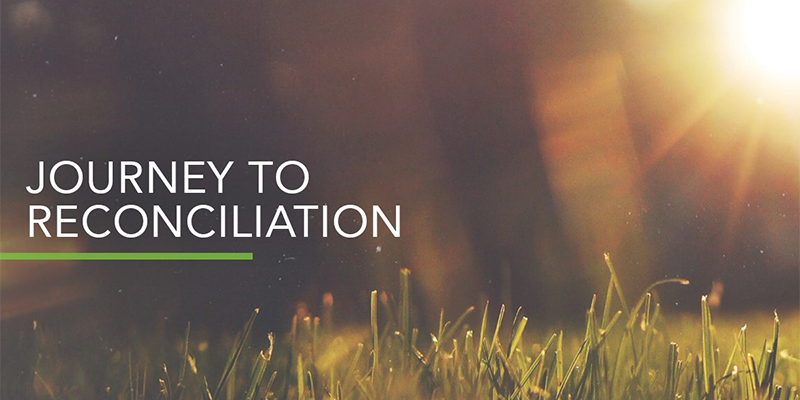Archive News 2021
Vice President’s statement: Acknowledging our past and facing our present

A message from David Wells, Vice President Academic & Research
Dear VCC community,
Last Monday, July 12, the Penelakut Tribe let the world know about 160 unmarked graves located on the nation’s grounds and foreshore near the site of the Kuper Island Residential School on Penelakut Island, off the coast of Vancouver Island. And, on July 15, Tk’emlúps te Secwépemc Nation released their final report on the preliminary findings of 215 children announced in May. These children represent the tip of the iceberg, an iceberg that residential school survivors, and the family members who have experienced and lived with the consequence of that trauma, have long known exists.
The children taken from their families, from their communities, represents an absolute failure of society. More than that, the treatment of these children, and their families, as less than human in life and in death, represents nothing less than genocide. Genocide is not one specific example, genocide does not have a continuum; in all examples the intentions are clear and the consequences incontrovertible; lives were lost and communities destroyed.
As a post-secondary educator, I believe our role is to grow knowledge, and create capacity. We must come to terms with a racist educational system that has a long history of engaging in genocide, in taking away Indigenous knowledge and removing capacity from Indigenous communities, and in relying on ways of being and doing that deny Indigenous knowledge and community. With institutional roots dating back to 1880, VCC is very much a part of this legacy that we must acknowledge, understand, and address.
I pray that what comes to light, and what continues to come to light in the coming weeks, months, and years forces us to confront the national crimes committed against the people Indigenous to Turtle Island, and the consequence of those crimes that continue to limit our ability to heal, and our ability as society to move forward in a good way.
As an Indigenous person in a position of leadership within this broken system, I must reflect on the colonial and genocidal motivations that are behind our educational institutions, and work cooperatively to co-create a better way. Each day that we look at this as a problem of the past as opposed to a reality of the present, means that we are part of the problem, and that I am continuing to fail my ancestors, those who I walk alongside in this journey, and those that are yet to come. We can, and must, undertake the dialogue and the work to prioritize Indigenous knowledge and capacity, and return space to Indigenous knowledge holders and communities to create a healthy and safe way forward.

David Wells, MA JD
Vice President Academic & Research
Vancouver Community College
If you are a former residential school student in distress or have been affected by the system and need help, a 24-hour Indian Residential Schools Crisis Line is available at 1-866-925-4419, or the Indian Residential School Survivors Society toll free line at 1-800-721-0066.
Additional mental-health support and resources for Indigenous people are available here.
